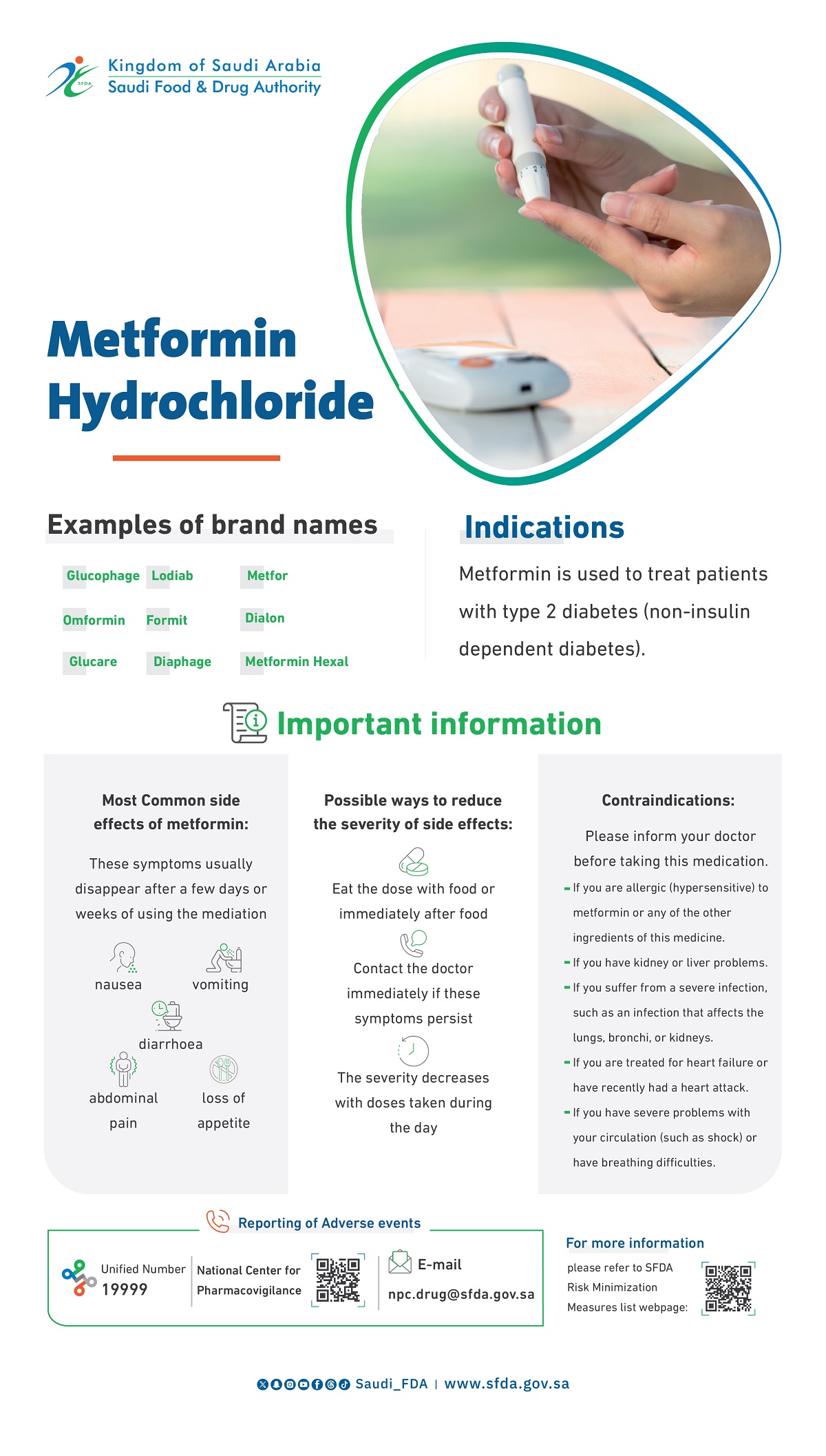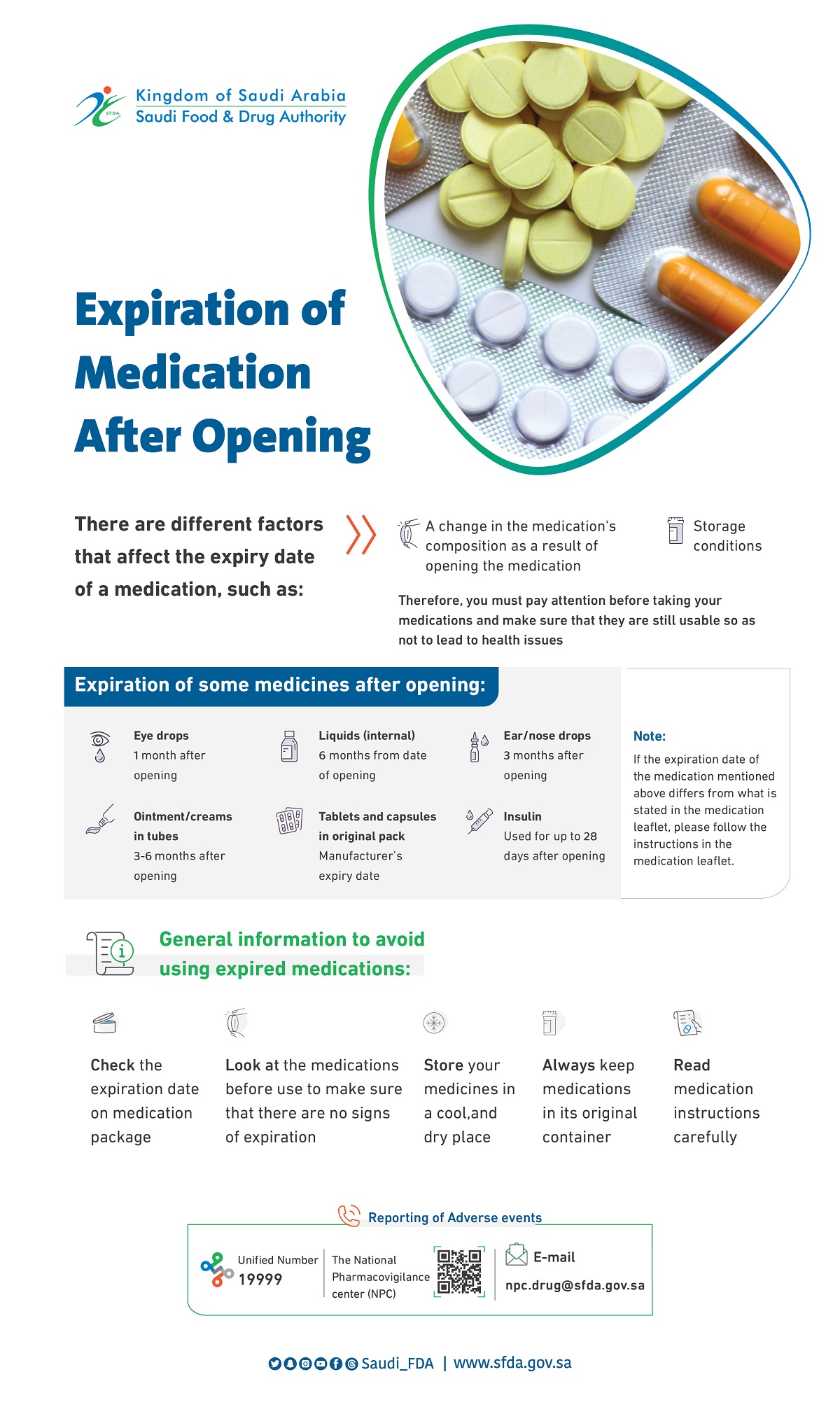
Exjade (deferasirox) - Early Communication ( Registered in KSA )
Exjade (deferasirox) - Early Communication ( Registered in KSA )
Exjade (deferasirox) - Early Communication ( Registered in KSA )
2009-09-30
The U.S. Food and Drug Administration (FDA), the American counterpart to the Saudi Food and Drug Authority (SFDA), notified healthcare professionals of an Early Communication regarding an ongoing review of safety issues with Exjade (deferasirox). New safety data suggests there may be a greater number of adverse events and deaths in patients using Exjade who are over sixty years old who have myelodysplastic syndrome (MDS). Exjade, an iron chelator, is an oral medication approved in 2005 for patients aged two and older with chronic anemia (low red blood cell counts) and iron overload as a result of receiving blood transfusions.
FDA is reviewing adverse event information for Exjade from a database that tracks all patients who are prescribed Exjade and a company-sponsored global safety database. This information suggests there may be a greater risk for adverse events such as kidney failure, gastrointestinal hemorrhage (potentially fatal bleeding) and deaths in patients with myelodysplastic syndrome (MDS) compared to patients without these conditions. Many of these patients are over age 60 and the adverse events are problems that are not uncommon in people with MDS. The number of deaths and serious adverse events seem to be fewer in younger patients with other chronic anemias such as β Thalassemia and Sickle Cell disease.
In reviewing the reports of adverse events and deaths, FDA has found several factors that make it difficult for the Agency to draw conclusions without further analysis. These factors include the patients' advanced age, the seriousness of their disease, other medical disorders they may have and their need for blood transfusions.
Exjade has known adverse drug events, some of which have been fatal. These events include kidney and liver failure -- particularly in patients who have other conditions that would make them more susceptible to kidney or liver problems -- and gastrointestinal ulcers and/or hemorrhage.
FDA has not determined whether or not patients with MDS or older patients treated with Exjade are at greater risk for adverse events or death compared to patients of a similar age or diagnosis who were not treated with Exjade, or compared to patients who are younger who have other chronic anemias and have been treated with Exjade.
MDS is a collection of disorders in which the bone marrow does not function normally and the body does not make enough normal blood cells (this can result in anemia). Patients with MDS and other chronic anemias may need many blood transfusions to treat the anemia. Receiving multiple blood transfusions can cause "iron overload" in patients (too much iron in the body). Iron overload, can damage the heart, liver. and other organs in the body.
Patients who are taking Exjade and have questions about their treatment should talk with their healthcare professional.
Report Adverse Drug Reaction to the SFDA:
The public and health care professionals are strongly encouraged to report adverse drug reaction to the National Pharmacovigilance Center (NPC) by filling the appropriate form on the following link:





